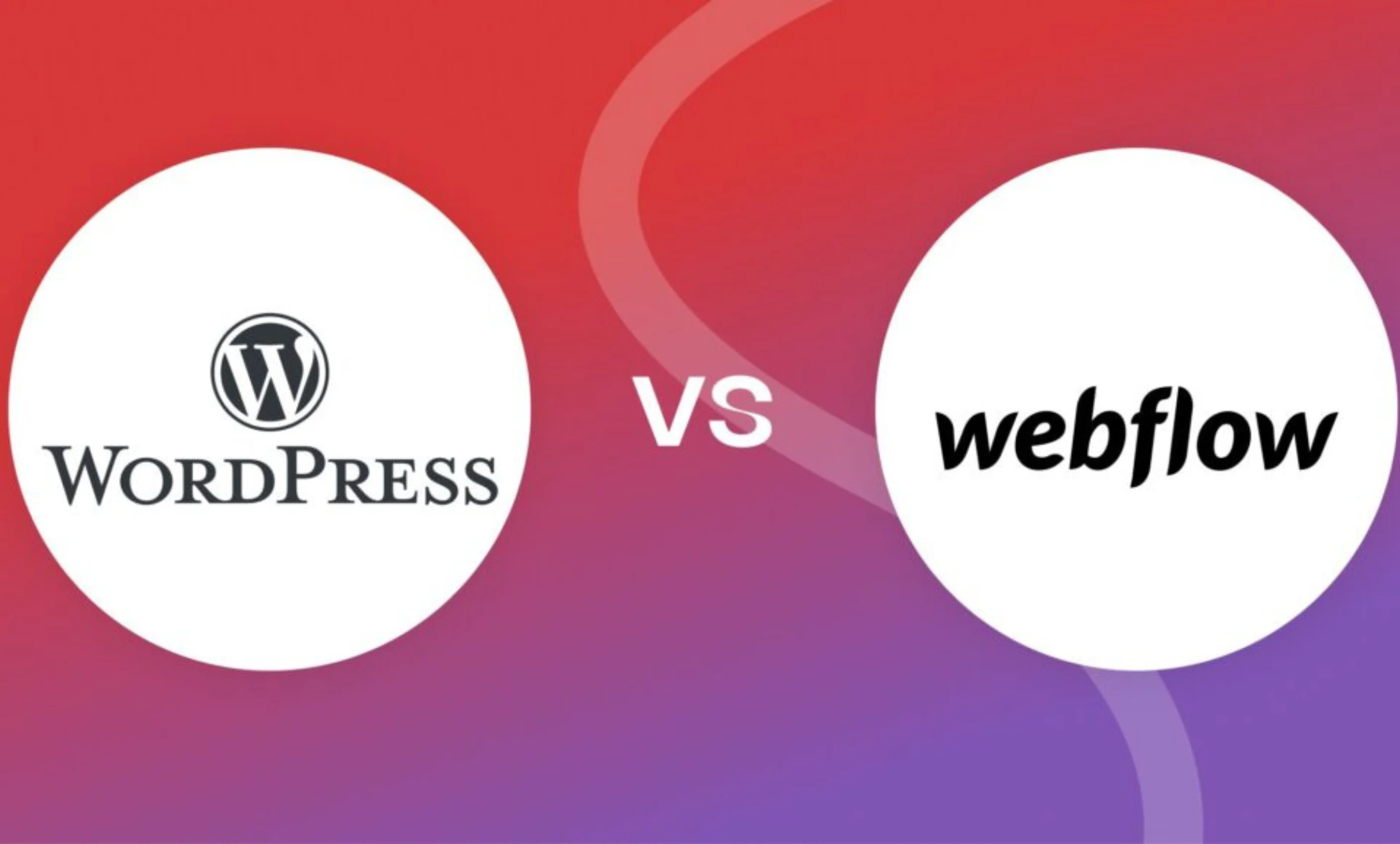

Shopify is a cloud-based eCommerce platform that offers a user-friendly interface and a wide range of features. It's ideal for businesses that want to start selling online quickly without the technical complexities of web development.
Shopify provides a drag-and-drop interface that makes it simple to design and customize your online store.
Access a vast marketplace of apps to enhance your store's functionality, from payment gateways to marketing tools.
Shopify handles hosting and security, ensuring your store is always online and protected.
Benefit from Shopify's dedicated support team, available around the clock.
WordPress is open-source, allowing you to customize every aspect of your store.
Search engines consider user experience signals, such as load time and mobile-friendliness, when ranking websites.
Benefit from a large and active community of developers and users.
WordPress can handle high traffic and complex eCommerce setups.
When selecting an eCommerce platform, consider the following factors:
If you have limited technical knowledge, Shopify is a more user-friendly option.
If you require advanced customization, WordPress offers more flexibility.
Shopify has various pricing plans, while WordPress is generally more cost-effective, especially for long-term use.
Both platforms can scale to accommodate growth, but WordPress may offer more scalability for larger businesses.
The choice between Shopify and WordPress ultimately depends on your specific business needs and technical expertise. Shopify is an excellent choice for businesses that prioritize ease of use and quick setup. WordPress is ideal for those who seek greater customization and control over their online store.
By carefully evaluating your requirements and considering the pros and cons of each platform, you can make an informed decision.